I Predict...1945 — Was Elsa Maxwell Right with Her Predictions?
"ABOVE all when I think of 1945 lying only a handful of days before us, I think of and pray for peace, a peace which will be enduring and fling the four freedoms — freedom from want, freedom from fear, freedom of speech and freedom to worship — over the length and breadth of the earth."
So wrote Elsa Maxwell, noted gossip columnist, in the pages of January 1945's Photoplay magazine. It's always fun to read these back and see what Hollywood thought would happen and what actually occurred, so let's read with the benefit of hindsight!
"For myself in 1945 I hope for a continued association with Hollywood. Hollywood is so young and stimulating and aware and so crowded always with people doing all manner of interesting things— and doing them exceedingly well," Maxwell wrote.
"I love Hollywood because I have found so many important and wonderful things there, including friends. For some of these friends I have New Year predictions to make; several of which will, I think, surprise you..."
CARY GRANT
Maxwell predicted that Cary Grant would only make one movie
in 1945 because he’d need the money to fund his wish to travel the world with
his wife, Barbara Hutton. She’d also implied that Grant was skint—and that he’d
told her about his “modest” income at a recent meeting.
Did It Come True? Cary Grant starred in exactly zero
films in 1945. He bookended 1945 with three films in 1944 (Once Upon a Time,
Arsenic and Old Lace, and None But the Lonely Heart) and two in 1946
(Night and Day and Notorious).
JEANNE CRAIN
Maxwell predicted that the young starlet would become a
bonafide star by the end of 1945. She wrote that Crain as a star “makes
sense” because she was a hard worker, charming and beautiful and possessed “to
an nth degree, that indefinable chemical attraction which keeps men trailing
her and finds girls understanding why.”
Did It Come True? Yes. Jeanne worked steadily for the
rest of her career, and some of her hits—in 1945 alone—included Leave Her to
Heaven and State Fair. She’d go on to star in some of the biggest
movies of the decade, including A Letter to Three Wives and Pinky.
JENNIFER JONES
Maxwell wrote plenty of nice things about Jennifer Jones,
saying that after she released the dramatic Love Letter, she should star
in a comedy.
She also predicted that Jennifer would want to focus on her
career and that her heart didn’t appear to be in her marriage to Robert Walker.
“At parties I have seen Bob constantly join her but not in the romantic way.
After all, they have two small children and I don’t think they wish them to be
brought up in the atmosphere of divorce where children feel the lack of one
parent,” she wrote.
Did It Come True? On the comedy front, yes. Cluncy
Brown, released in 1946, was a romantic comedy so points there.
On the romance front, also yes. Although Maxwell predicted
that Jennifer and Robert might work through it for the sake of the children,
the couple would go on to divorce in June 1945 after having been separated since
November 1943. Jennifer would marry David O. Selznick in 1949 and Robert would
tragically pass away at the age of 32 in 1951.
GLORIA DEHAVEN AND JUNE ALLYSON
Maxwell called them rivals on the MGM lot both angling for
the spotlight. She considered Gloria ‘showier’ but said that June was more
familiar to audiences and more ‘finely tempered.’
Did It Come True? Speaking personally, I know more
about June than I do about Gloria.
Gloria made one film in 1945 and then didn’t appear on the
big screen again until 1948, and only then appeared in a handful of films until
she retired from the screen in 1955. She turned to television for the rest of
her career, but made a late-age return to movies in the ‘90s.
June, meanwhile, starred in more movies and married (unfortunately)
Dick Powell on August 19, 1945, and was able to capitalize on that. She retired
from films in 1959 but stayed active on television until the late ‘90s.
FRANK SINATRA
The nearly career-ending affair with Ava Gardner was still
quite a ways in the future, but Maxwell predicted that ‘The Voice’ would
continue to be a mega-star who appealed to all audiences.
She wrote: “No doubt about it, Frank Sinatra is rich in
that magnetic charm which, in all phases of show business, is the thing which
makes great performers. It has brought him along and it will help him endure.”
Did It Come True? Yes! Frank was immensely popular throughout
the ‘40s, and though his relationship with Ava Gardner almost cost him
everything, he did manage to ride it through and won an Oscar in 1953 for From
Here to Eternity and then became ‘Chairman of the Board’ and head Rat Pack
crooner throughout the ‘60s and beyond.
VAN JOHNSON
Maxwell predicted “indescribable good fortune” for
Van Johnson in 1945 because of his endless charm, despite lacking in the
traditional good looks (her words, not mine). His filmography up to 1945 was impressive
and Maxwell predicted that he could only go up.
Furthermore, she predicted that Van wouldn’t marry in 1945
because his career would be the most important part of his life that year. “His
career now is uppermost in his mind. He will not, unless all previous signs
fail, minimize his Hollywood opportunities by letting romance becloud them,” she
wrote.
Did It Come True? In short, yes. Van’s career was on
an ascent and he starred in a string of hits across all genres. In fact, in
1945, he made perhaps one of my most favourite movies, with Esther Williams, Thrill
of a Romance. He worked steadily until 1969 and then sporadically after
that.
On the marriage front, also correct. Van would marry Eve
Wynn, the wife of his once-best friend Keenan Wynn, in 1947, reportedly to
cover up rumours that he was gay. It was scandalous then because by all
accounts the Wynns had a happy marriage and Van was a great friend to both of
them. They would separate in 1961 and finalize a divorce in 1969.
WEEKEND AT THE WALDORF
Elsa Maxwell predicted that this would be the top movie of
1945.
Did It Come True? Weekend at the Waldorf
ranked 6th at the year-end box office. The Bells of St. Mary’s took
the top spot.
GRETA GARBO
Maxwell predicted that Garbo would not make another American
film but she might go abroad after the war to make another film in Europe.
Did It Come True? No. Garbo never made another movie
after Two-Faced Woman in 1941.
BETTE DAVIS
Maxwell predicted—wrongly—that Bette would star in an adaptation
of ‘The Merchant of Venice’ as Portia, but she also predicted that Bette would
marry again.
“She is distinctly a one-man woman,” Maxell wrote, adding
that “When Bette cares she cares tremendously. Therefore I doubt very much
she would have gone to Georgia on her vacation to visit Corporal Lewis A. Riley
unless Corporal Riley was the man in her life. And when a girl from New England
falls in love she gets married.”
Did It Come True? Yes. But the wedding wasn’t between
Bette and Corporal Riley. It was between Bette and William Grant Sherry, an
artist she married on November 30, 1945. She would later say that she was drawn
to him because he claimed not to know who Bette was, nor to care (I’ll let you
determine if you buy it).
The union didn’t last, however, but it did produce her
daughter, Barbara Davis Sherry. More popularly known as B.D. Hyman. Bette and William
divorced in 1950 and a few months after it was finalized, she married Gary
Merrill.
JOAN FONTAINE
Maxwell likewise predicted marriage for Joan Fontaine—who announced
that she was divorcing her first husband, Brian Aherne, in March 1944. She
further predicted that her second husband would not be an actor, but instead a
banker.
Did It Come True? Joan married William Dozier in
1946, and though he was an actor at one point, by the time they married he’d
moved over into production. So, not a banker, but responsible for money and business?
They were married until 1951 and had a daughter named Deborah.
LAUREN BACALL
Maxwell predicted that Lauren Bacall’s career would
skyrocket in 1945 after having predicted as such upon seeing To Have and Have
Not.
Did It Come True? Yes. Not only that, she and Humphrey
Bogart were married on May 21, 1945 and remained so until his death in 1957.
GREER GARSON
Following her Oscar win and amazing track record of being nominated
nearly every year, Maxwell predicted that following the success of Valley of
Decision, Greer would reach new career heights after starring in a movie
with Clark Gable.
Did It Come True? Well… Greer did make a movie
with Clark Gable. It was called Adventure, and it was Gable’s first
movie post-war. It did great at the box office (because Gable could still pull
audiences) but it wasn’t a critical hit.
After 1945, Greer’s career did slow down and she never
matched the critical success of her earlier career.
“Here’s to 1945! May it prove, for all of us and so for
the world, a year of fulfillment. And it will, if we will work to make this so.”
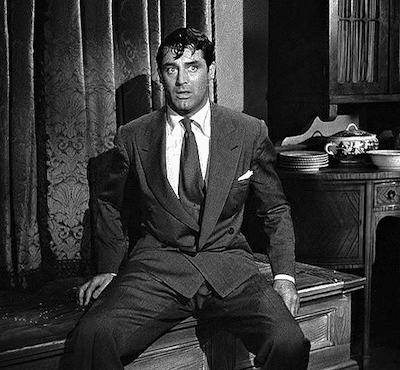
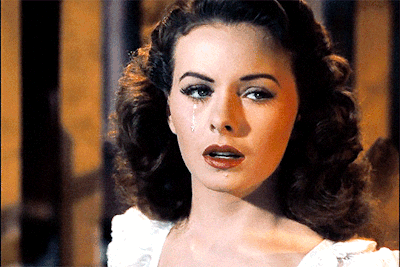
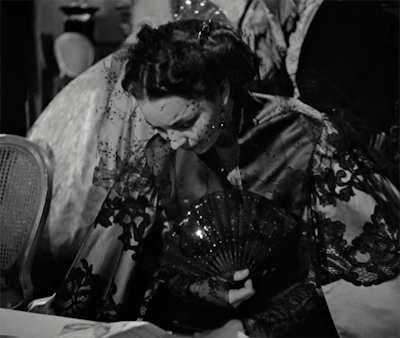

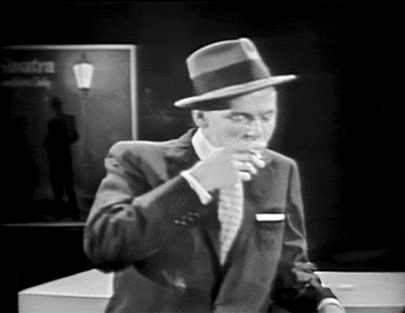
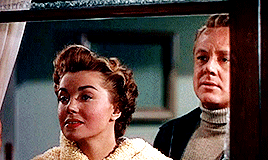
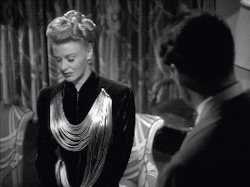
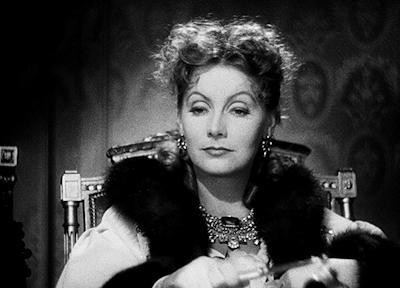
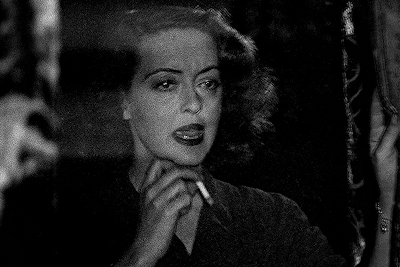
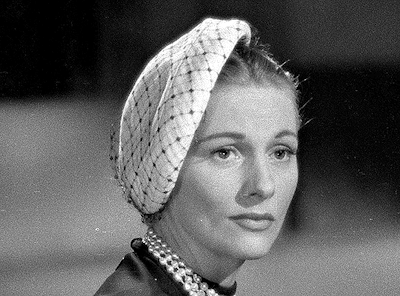
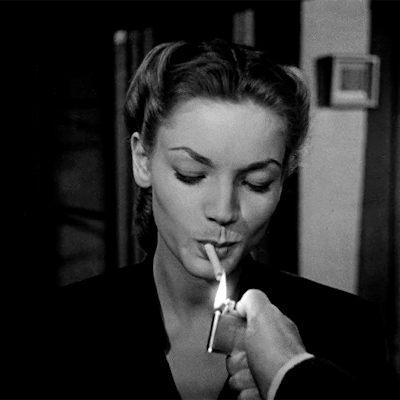
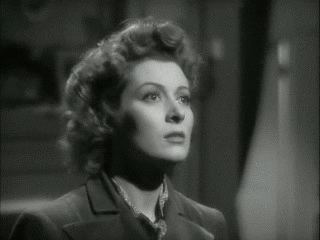
Comments
Post a Comment